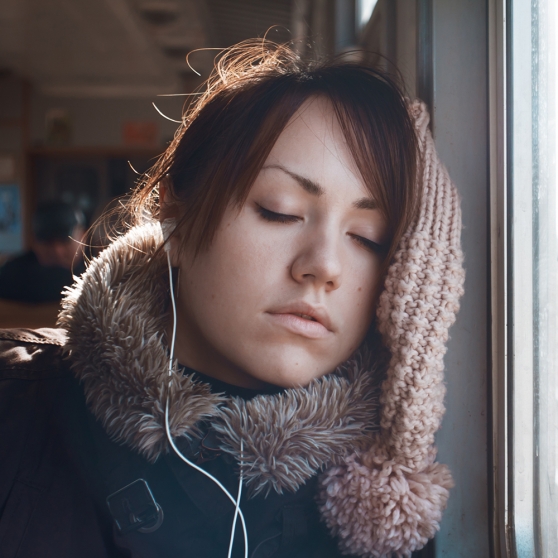Seasons Change — and So Does Your Body
If it seems like it gets harder and harder to wake up in the mornings, there’s a reason. In the winter months, the sun comes up later. This triggers your body’s melatonin production to begin later than it does in the spring and summer. Not only can this result in mood swings, but it can start a cycle of low energy, a compromised immune system and more illnesses. The time change can also throw you for a loop. When you wake up in the winter, the sun likely isn’t out yet. The sun is what triggers your body’s internal clock and tells your body that it’s time to wake up.
Reviewed by:
Review Date:
August 26, 2015Citation:
NCBI, "Benefits of Sunlight: A Bright Spot for Human Health" The Huffington Post, "The Surprising Ways The Weather Affects Your Health And Well-Being" Harvard Health Publications, "How does cold weather affect your health?" Consumer Reports, "5 cold-weather health hazards, and how to stay safe" dailyRx News, "Commonly Ignored Heart Attack Symptoms" CDC, "Hypothermia" CDC, "Frostbite" Arthritis Foundation, "Weather and Arthritis Pain" Image courtesy of Subbotina | Dreamstime.com Image courtesy of Soloway | Dreamstime.com Image courtesy of Designua | Dreamstime.com Image courtesy of Starast | Dreamstime.com Image courtesy of Arvitalya | Dreamstime.com Image courtesy of MinervaStudio | Dreamstime.com Image courtesy of Natallia Khlapushyna | Dreamstime.com Image courtesy of Per Björkdahl | Dreamstime.com Image courtesy of Igor Stepovik | Dreamstime.com Image courtesy of Burlesck | Dreamstime.com
Last Updated:
August 26, 2015
